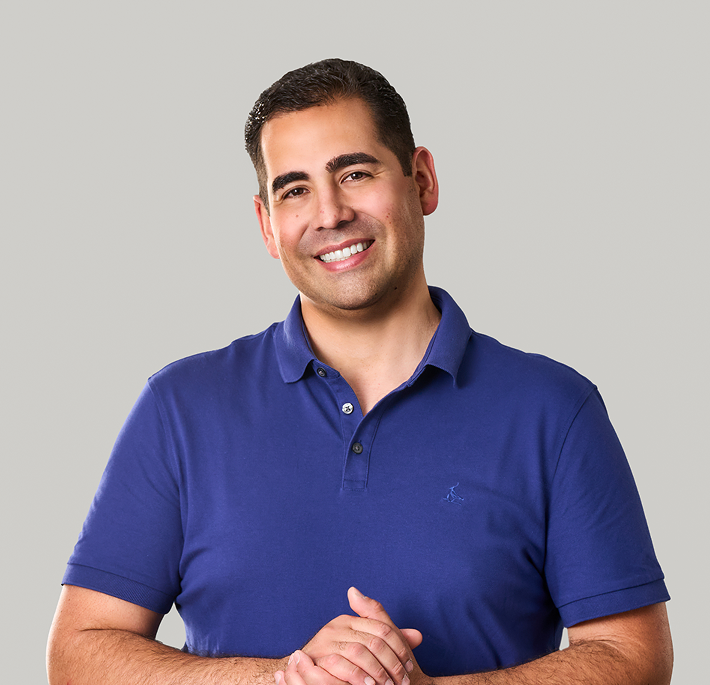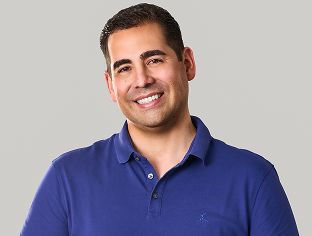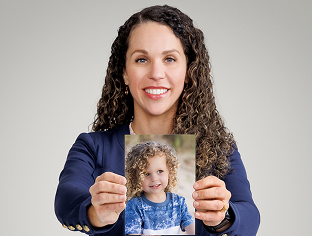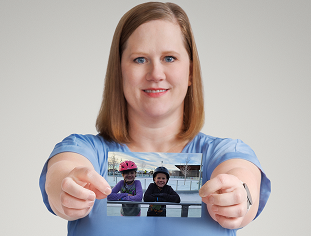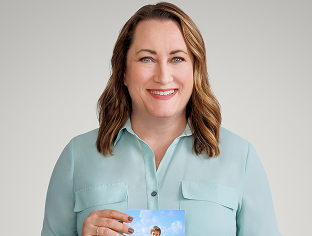
Montara and Blakelyn: Easing the Fear, Together
"What I appreciate most about the SKYTROFA auto injector design is that it was made with kids like Blakelyn in mind"
Montara and her husband, Joe, have three children. Their daughter, Blakelyn, was diagnosed with Pediatric Growth Hormone Deficiency (PGHD) at the age of five. Aware of Blakelyn's fear of needles, Montara expressed concern about the idea of daily injections. So when the doctors introduced SKYTROFA as an option, she chose it without hesitation, knowing that SKYTROFA's once-weekly injection would be a much better fit for their family's lifestyle.
Watch Montara's Story


